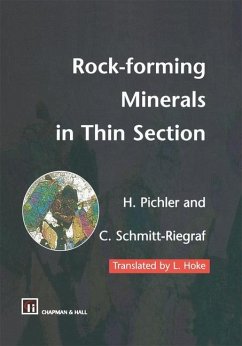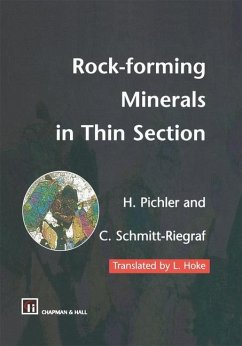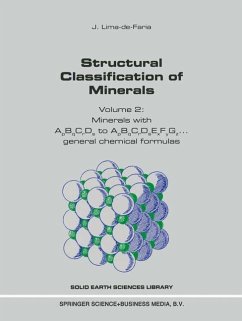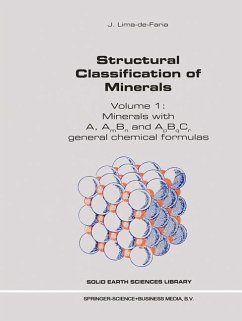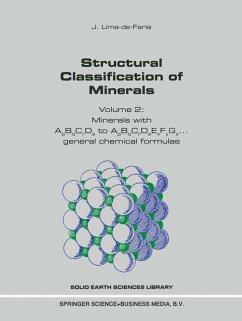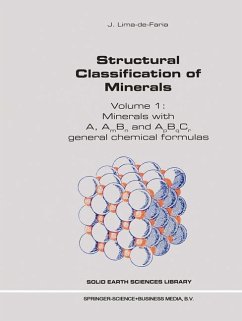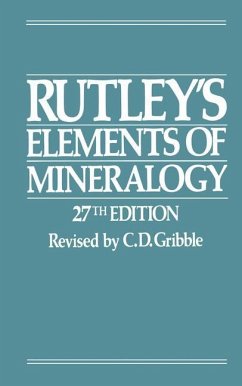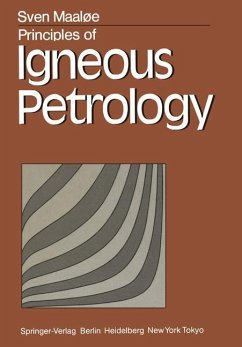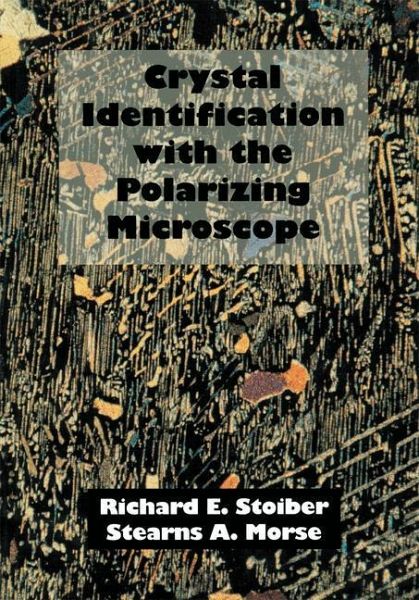
Crystal Identification with the Polarizing Microscope

PAYBACK Punkte
58 °P sammeln!
Some of the simpler measurements of optical mineralogy are so precise and powerful that they give satisfaction to beginning students. Not long after mastering the strike and dip of rock surfaces with the Brunton compass, many geology students are able to determine precisely the identity of quartz, or the anorthite content of plagioclase, or the magne sium ratio of pyroxene with the polarizing or petrographic microscope, by means of measuring refractive index to better than one part in a thousand. Very little training and almost no theory are needed to achieve these skills. But there inevitably...
Some of the simpler measurements of optical mineralogy are so precise and powerful that they give satisfaction to beginning students. Not long after mastering the strike and dip of rock surfaces with the Brunton compass, many geology students are able to determine precisely the identity of quartz, or the anorthite content of plagioclase, or the magne sium ratio of pyroxene with the polarizing or petrographic microscope, by means of measuring refractive index to better than one part in a thousand. Very little training and almost no theory are needed to achieve these skills. But there inevitably comes a time when theory is needed, either to get on with the art, or simply to reconstruct from first principles what is going on, when rote memory fails. In this book we hope to provide both the rote methods and the theoretical background for practitioners at all levels of experience. We draw from several careers-ours, our colleagues', and our students' -in teaching the subject at variouslevels of sophistication. Our book is intended to serve the needs of industrial and forensic scientists as well as petrogra phers who deal with rocks. Much of our treatment is based on new research, both in matters of presentation and in the optical determination of minerals and other materials.






